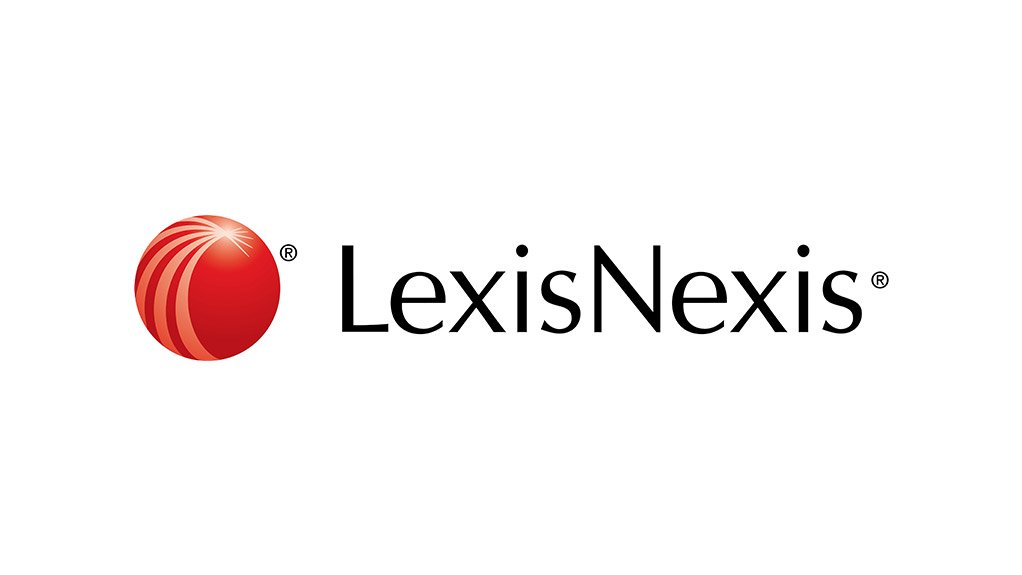Whether acting for an individual on a divorce, a creditor trying to recover a bad debt or a client in a civil lawsuit, litigators need to be on the ball regarding the discovery of assets. The joy of winning a lawsuit for your client can quickly turn sour on discovery that the respondent has no assets on record.
This is where finding hidden assets comes in. But finding assets that can be sequestered costs time and money. How can legal professionals expedite this process?
Rudi Kruger, General Manager of Data Services at LexisNexis, providers of search engine Lexis® WinDeed, offers the following tips:
- Get information: Before heading to court or arbitration, discuss the existence of assets and possible hidden assets with your client. Ask lifestyle related questions too – these could highlight red flags that could be worth investigating. Does the client drive an expensive car, yet is claiming to be unemployed? Is the home filled with the latest high-tech solutions and gadgets? Are financial records available – such as information supplied as part of a suretyship, credit application or marriage contract?
- Do your homework: It is possible that before entering a marriage, agreement or partnership, that the opposition hid assets in trusts or offshore? In some cases, these assets are untouchable, however, if the protection of assets took place post agreement, it may be possible to recover funds from these.
- Get smart: Use whatever resources you have, to establish what assets the respondent has. Using an online platform to do this discovery takes the slog out of this process and will reduce the amount of non-billable time spent doing case preparation.
- Be sure – be safe: Make sure that the online platform you are using is a reputable one. Using a free search engine may seem like a good bet, but can this search access the necessary databases such as the Deeds Office or CIPC registries? Will it show what current sequestrations are in place against these assets?
“Easy access to the kind of information needed, such as vehicle and property ownership and business directorships, is literally a few clicks away with the advancement of technology,” says Kruger. “But due diligence is essential to ensure that all assets and sources of revenue are discovered for the best possible outcome for your client.”
For further information visit: http://www.windeed.co.za
EMAIL THIS ARTICLE SAVE THIS ARTICLE ARTICLE ENQUIRY
To subscribe email subscriptions@creamermedia.co.za or click here
To advertise email advertising@creamermedia.co.za or click here











